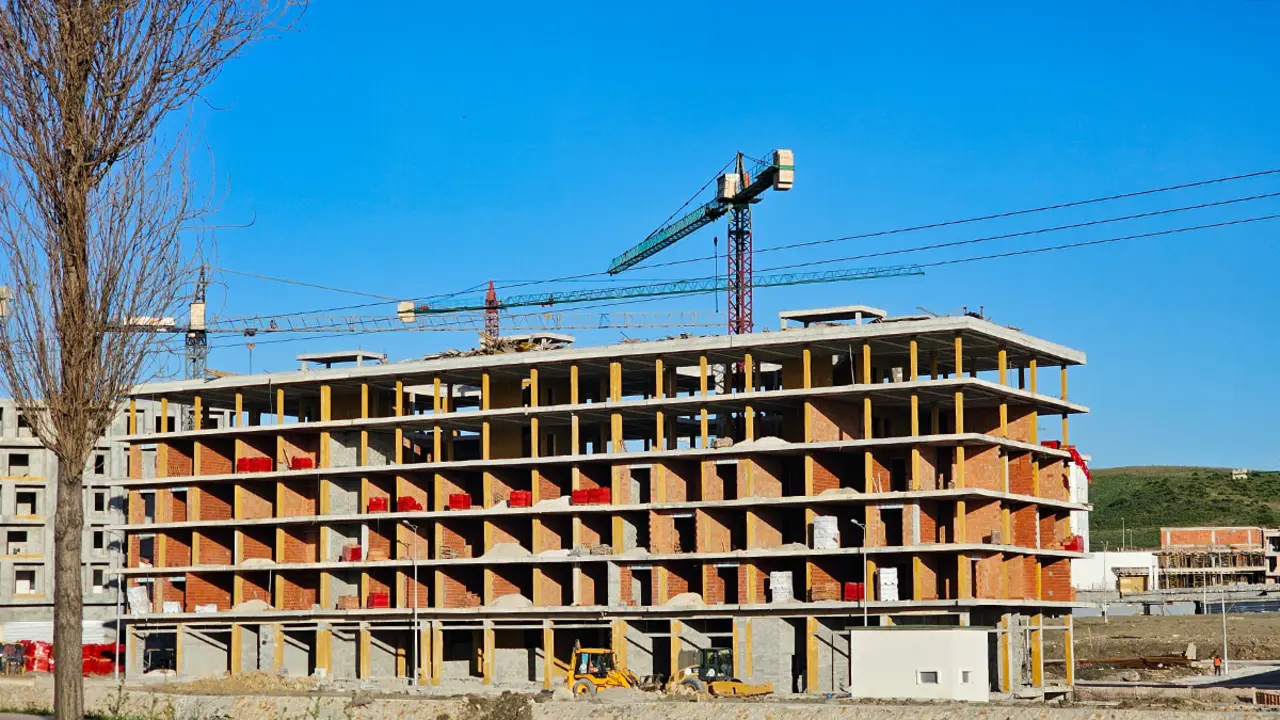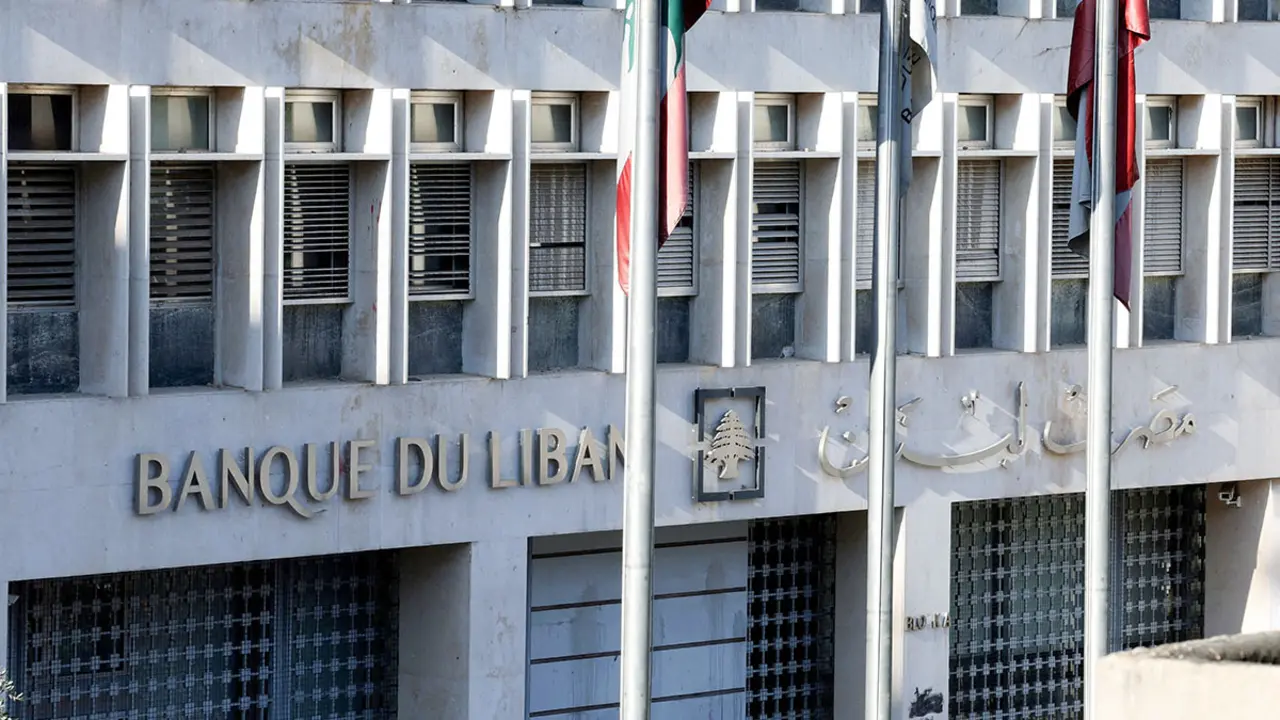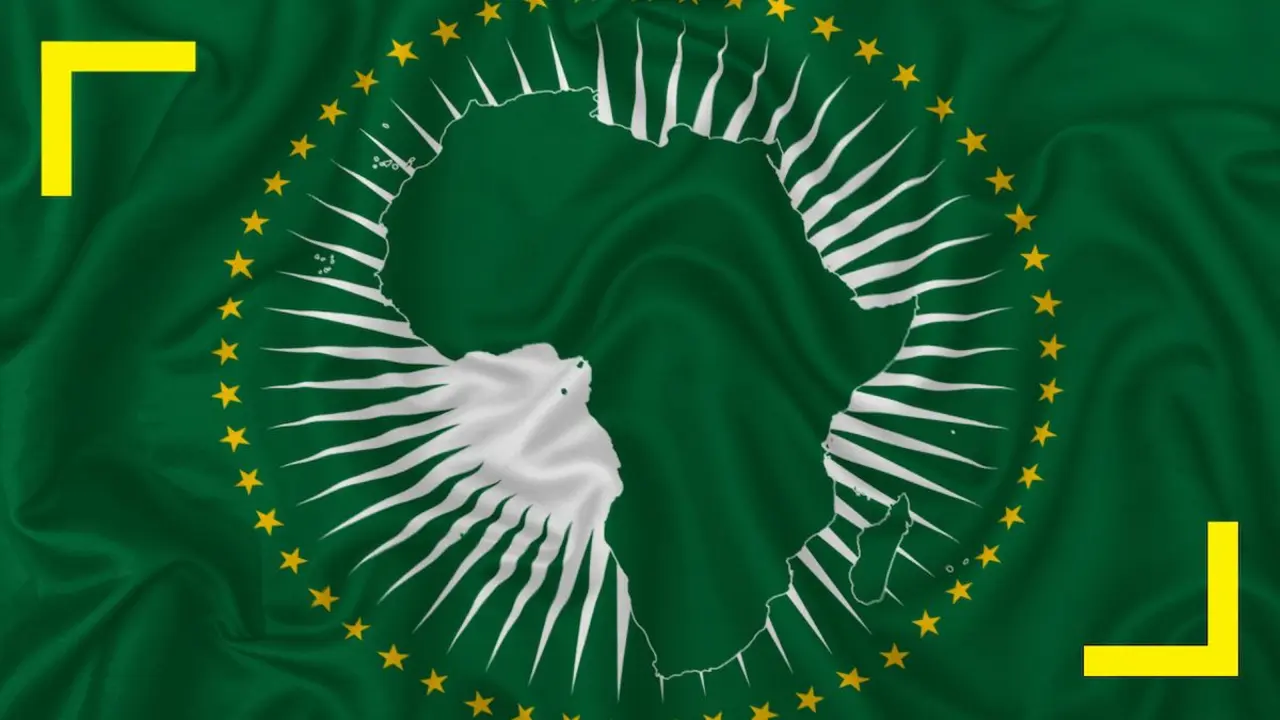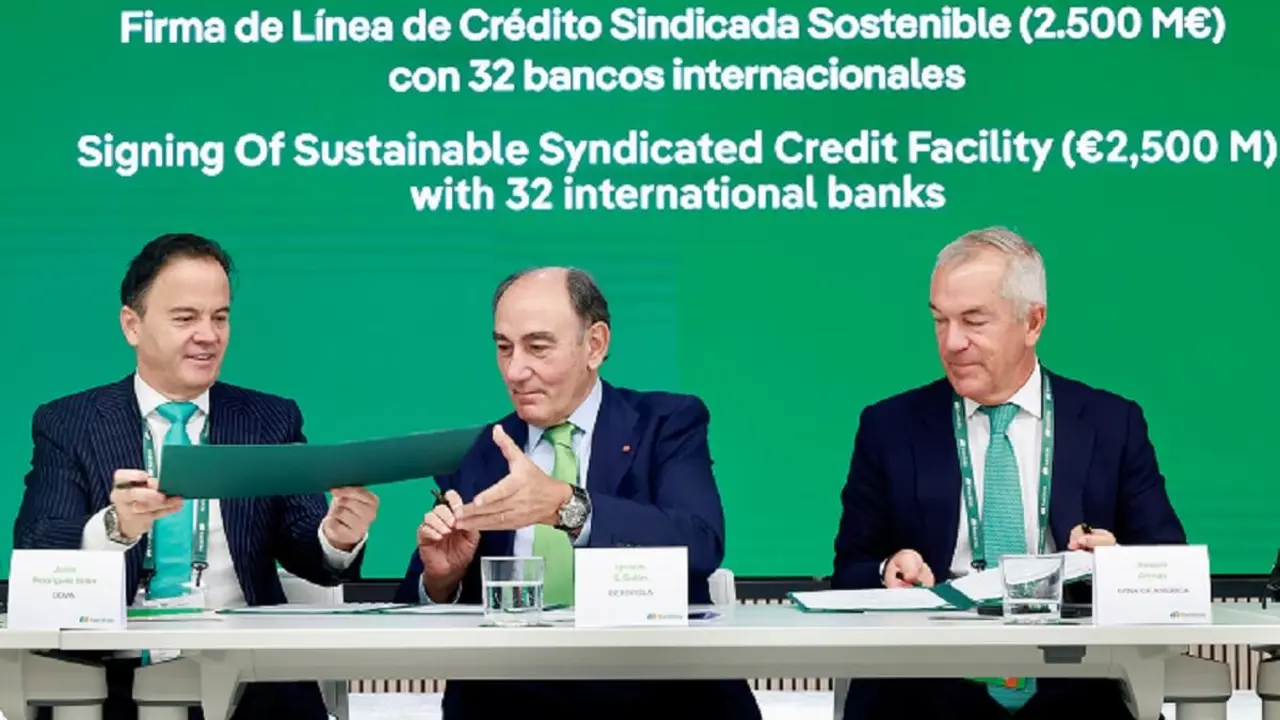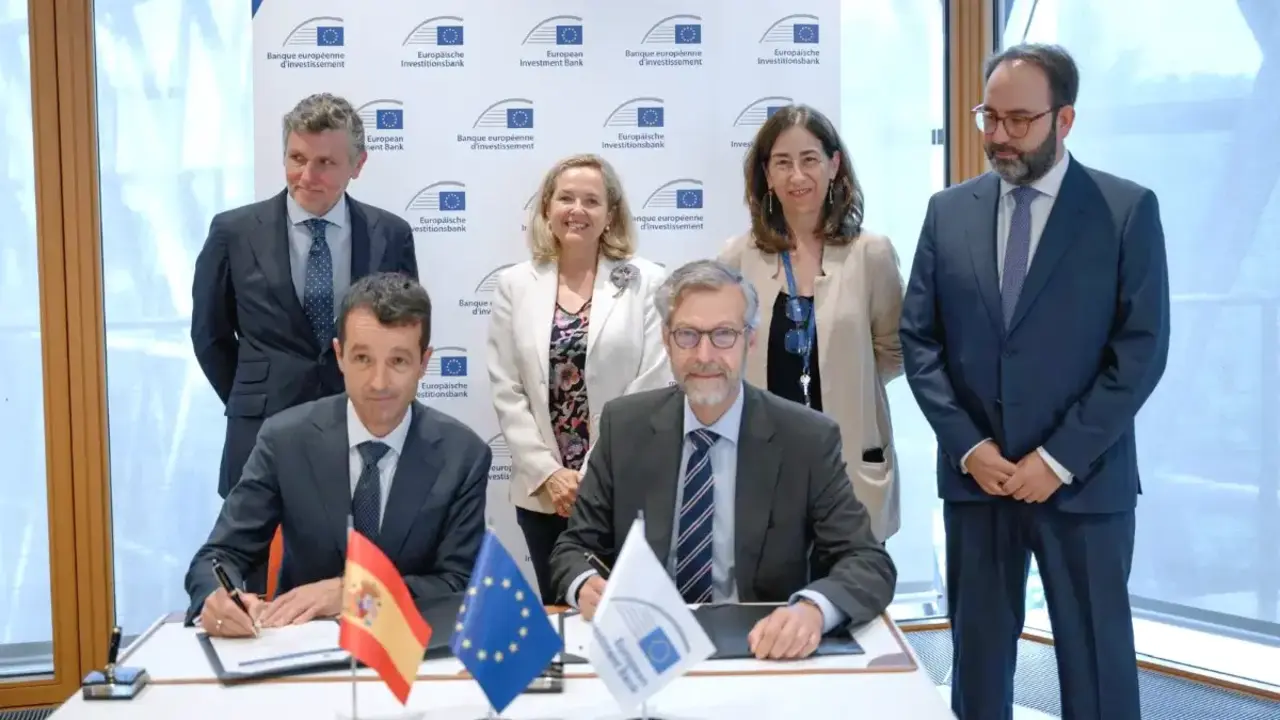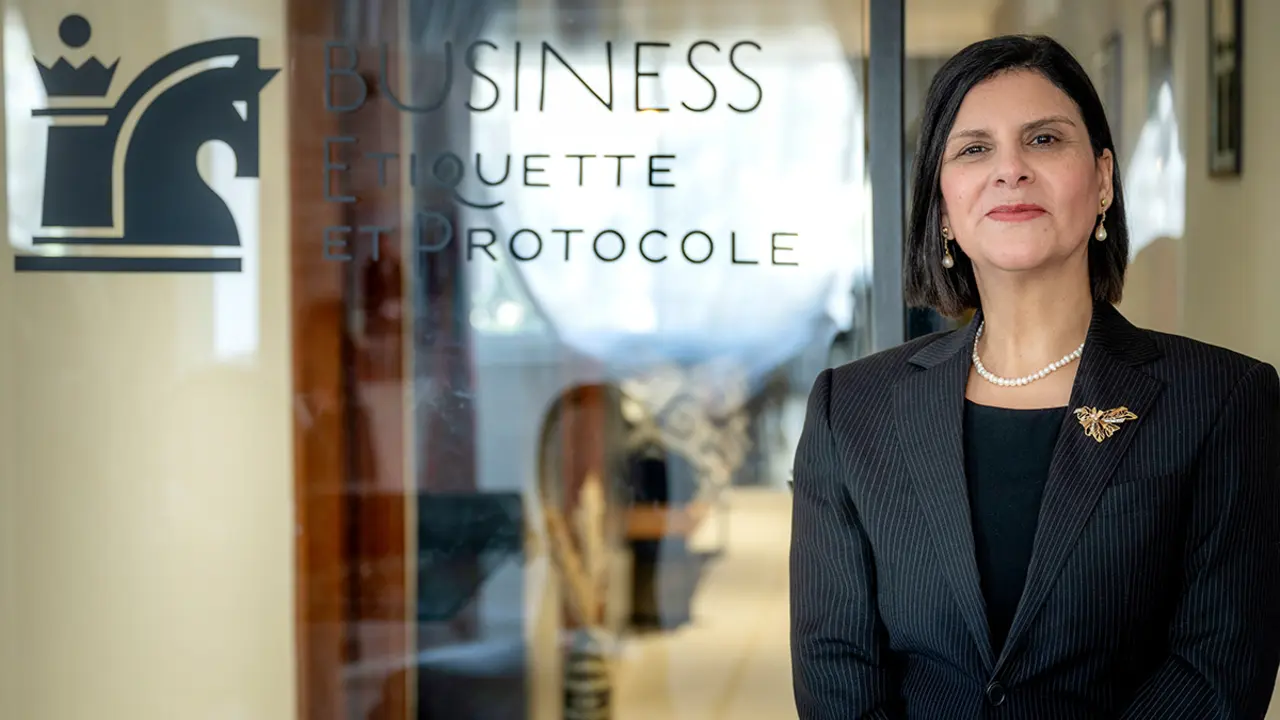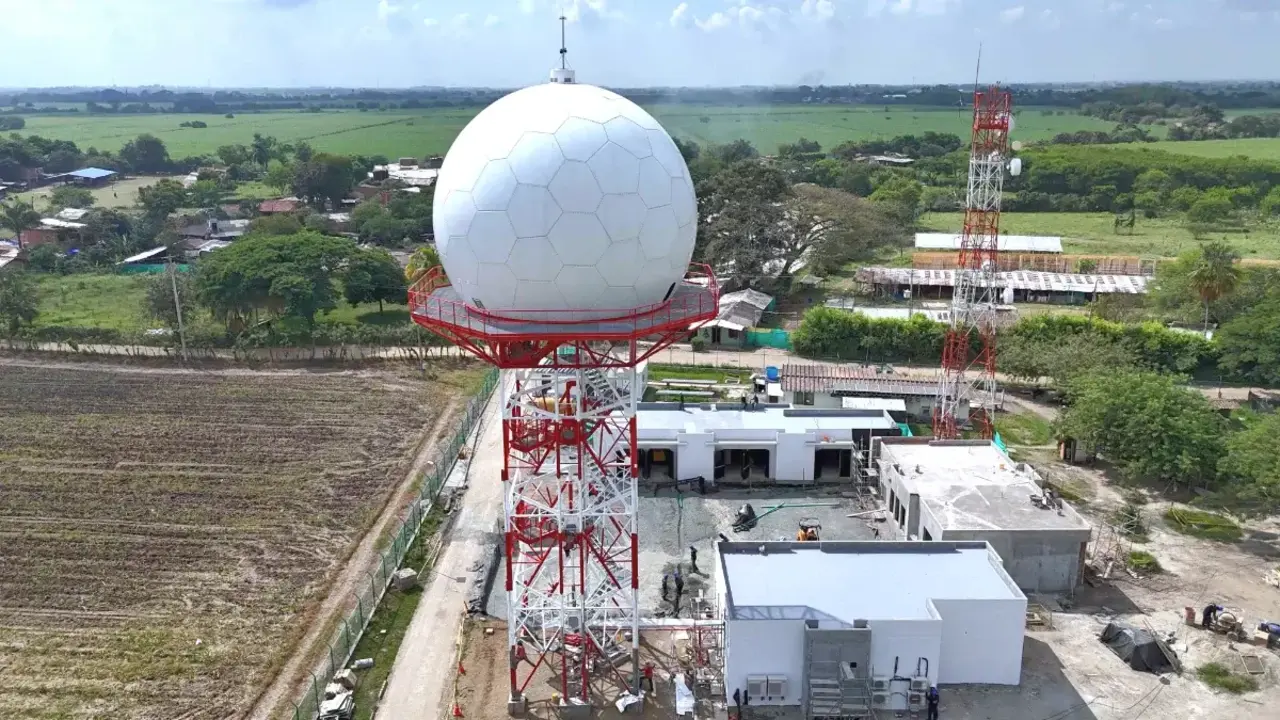The Exporters' Club proposes boosting the participation of Spanish companies in development cooperation projects financed by Spain
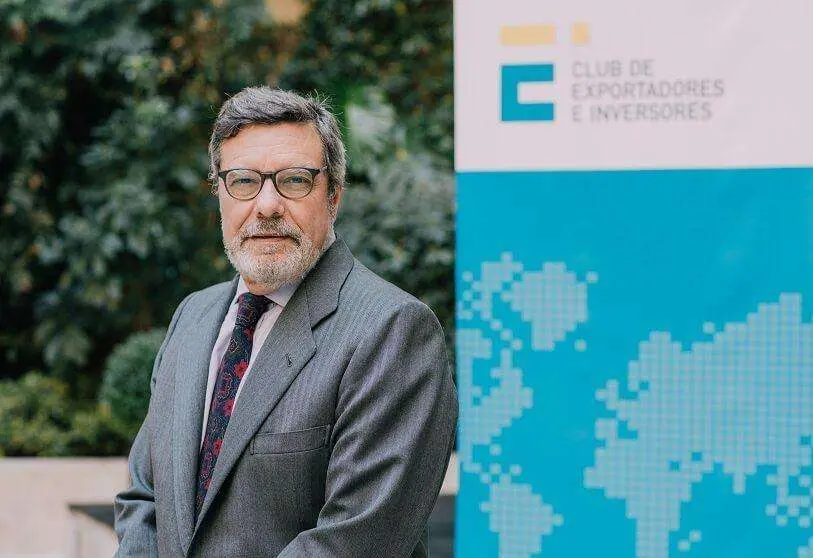
The Spanish Exporters and Investors Club, through a technical report drawn up by its Reflection Committee on Internationalisation, which includes experts from the business, institutional and academic worlds, proposes taking advantage of the draft Law on Cooperation for Sustainable Development and Global Solidarity in Congress to improve the instruments for financing projects and thus boost the presence of Spanish companies and the image of Spain in the countries receiving aid.
The report, authored by Antonio Bonet, president of the Exporters' Club, and Patricia Sanz, executive director of Exportun and coordinator of the Cooperation and Social Projects working group of the Spanish Exporters and Investors Club, highlights the reduced or non-existent presence of Spanish companies in the implementation of projects financed by Spanish cooperation, which is striking when compared to the practice of other neighbouring countries, which usually take advantage of these initiatives to strengthen their image among the territories and populations benefiting from the funding.
In the context of the new legal framework for cooperation that is being discussed in Congress, the Exporters and Investors Club believes that "some obsolete concepts should be left behind, which mean that the operation of Spanish credits for development aid is far removed from that of our European neighbours".
Among other measures, the Exporters' Club proposes that credits for development aid projects, while contributing to the fulfilment of their objectives, could be used to strengthen Spain's image abroad, as other neighbouring countries do, and not just be limited to being a source of financial resources for other donors. Furthermore, it considers that financial aid in the form of loans should support, within the beneficiary countries, those sectors in which Spanish companies are recognised worldwide for their technology and know-how.
The Exporters' Club also believes that funds should again be earmarked for non-reimbursable technical assistance. "In this way, studies and analyses could be made available to support decision-making linked to development projects that also serve Spain's national objectives. Let us not forget that Spanish development cooperation policy is part of the state's external action," say the experts. They also suggest promoting collaboration with other European financial instruments to boost the presence of Spanish companies, for example by co-financing operations with the European Union through "blending" (combined financing) or the granting of guarantees.
Finally, they consider it essential to make the financing processes more operationally agile, so as to substantially "reduce the current bureaucracy and complexity in decision-making". "The experts point out that it would be advisable to carry out an in-depth analysis to determine whether the best way to do this would be through the creation of a new fund without its own legal personality, as proposed in the Draft Law, or through a financing instrument or entity with its own legal personality".
Since December 2010, the Spanish state's development aid credits have been channelled through the Spanish Fund for the Promotion of Development (FONPRODE), which is managed by the Spanish Agency for International Development Cooperation (AECID). Its creation was intended to provide cooperation policy with an appropriate financial instrument and to help Spain's Official Development Assistance reach 0.7% of GDP. Now, in the context of the proposed reform, its transformation into the FEDES (Spanish Fund for Sustainable Development without its own legal personality) is envisaged.
Currently, the value of FONPRODE's loan portfolio amounts to more than EUR 500 million in 65 countries, mainly in Africa and Latin America. The portfolio is financed through financial contributions to projects led by Multilateral Organisations or third parties, of which two thirds are directed to sectors such as rural community development or microfinance. The processing of FONPRODE credits is slow and bureaucratic, with up to 8 different Spanish authorities involved.

